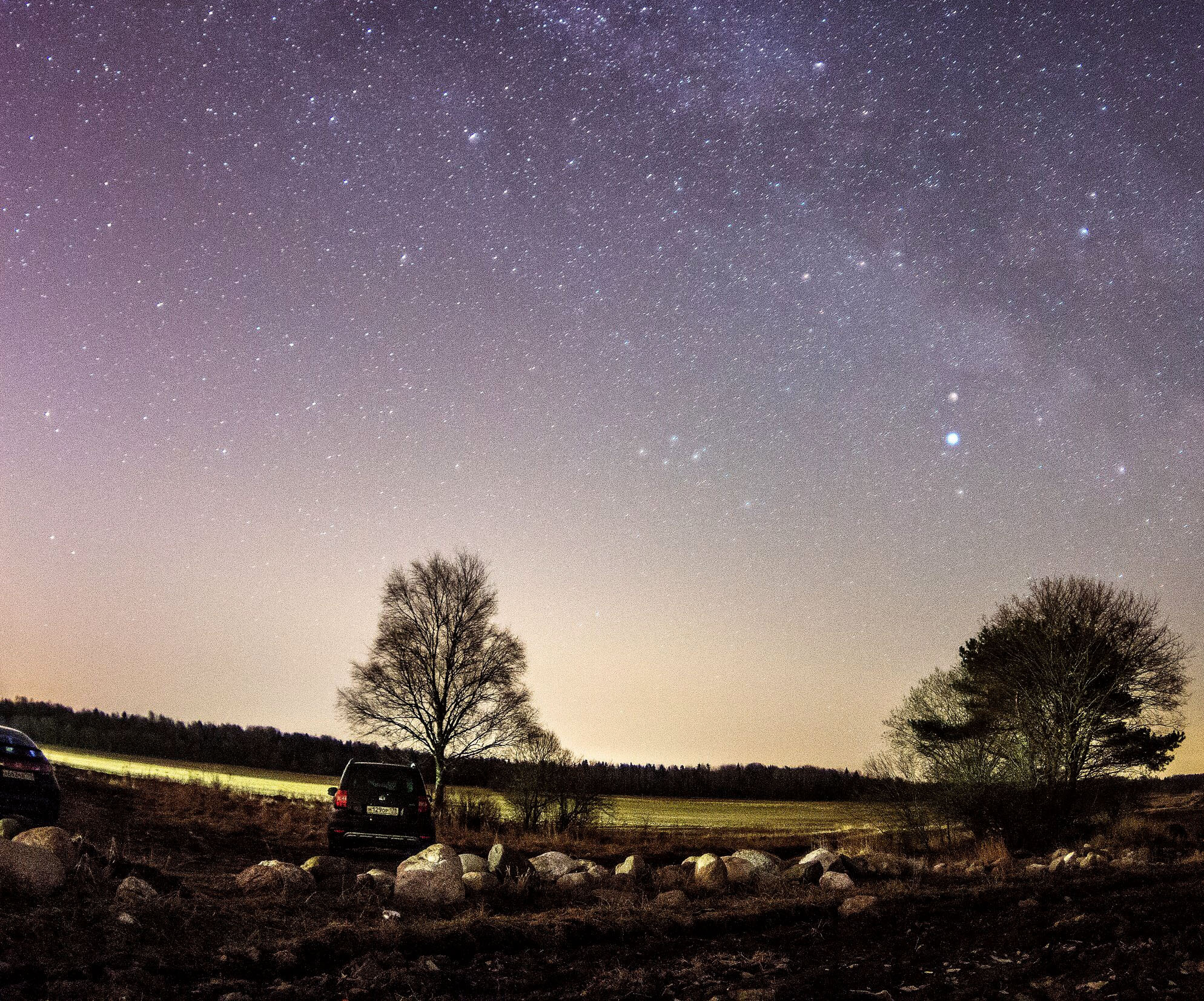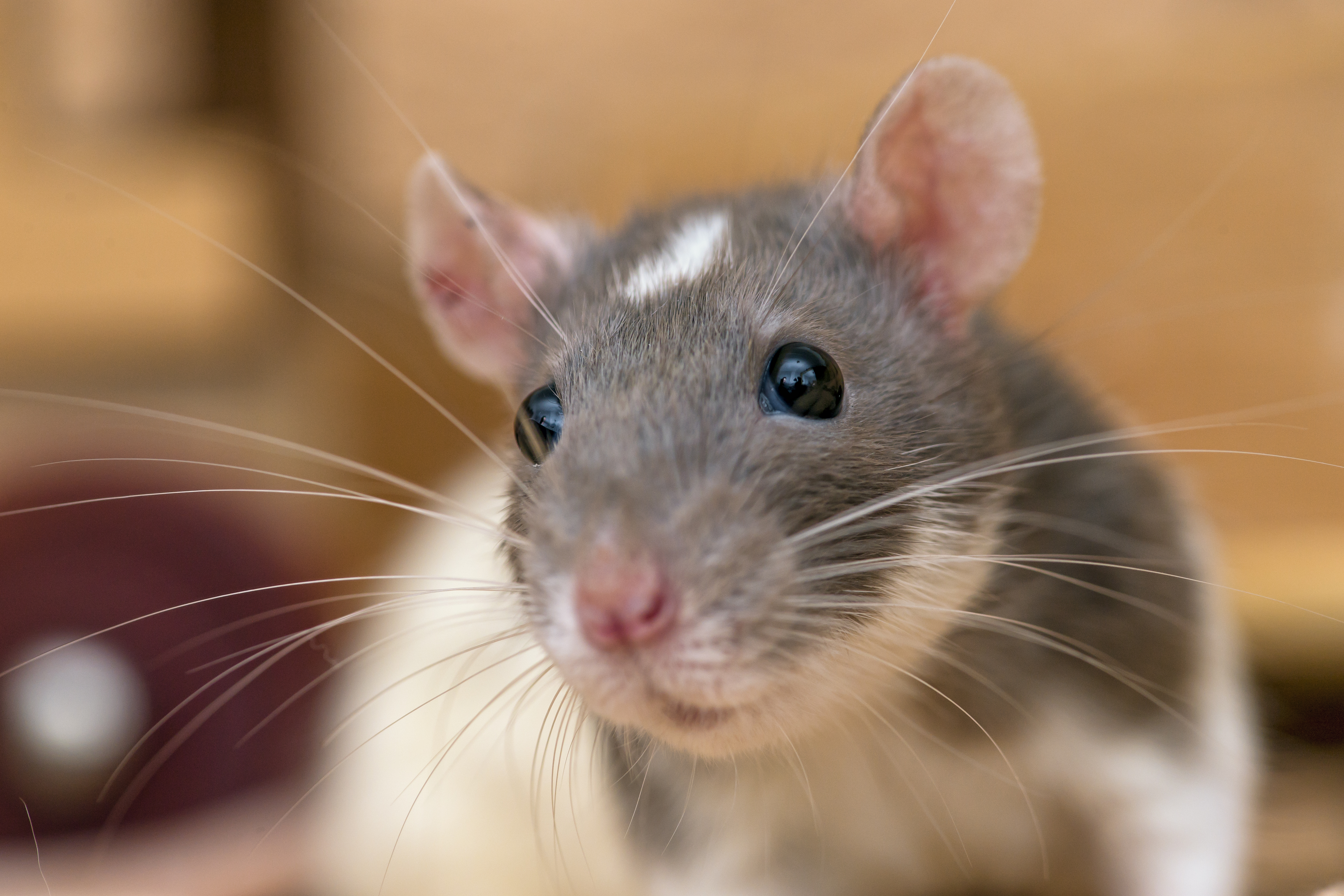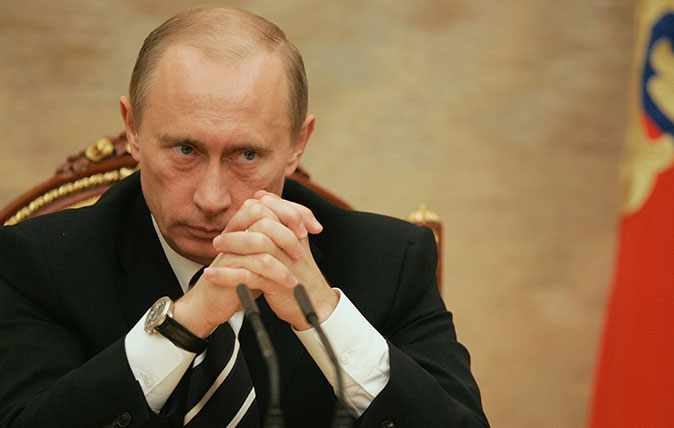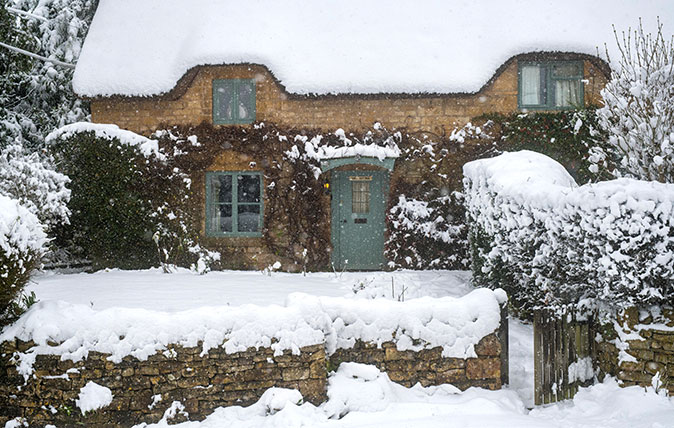Jason Goodwin: The night I accidentally sent a friend to go dogging on a remote West Country hilltop
Oh, Jason. It could have happened to anyone.

Twenty years ago, I camped out in the Sahara desert with a couple of Libyans and I remember two things: the almost painful brightness of the night sky, unobscured by wisp of cloud or earthly light, and the small rocks that I rather nervously supposed might conceal poisonous snakes.
The Libyans scoffed, for a Berber is lord of that desert which he calls his home. ‘You have snake,’ they assured me, ‘only where you have desert rat.’ Later, I listened as the remains of our evening meal were pounced on and borne away by an army of rustling gerbils.
Stargazing on clear nights is the privilege of country dwellers. I like a summery shooting star and lying on a rug, under a blanket, in the garden, to watch a meteor shower. I hate to miss a comet.
We have a sheet of waxed calico, for hanging on a Victorian school wall, perhaps, which shows six phantasmagorical comets plunging across a dark background. One scatters golden dust; one seems to corkscrew through the sky; one is trailed by zigzags like Harlequin’s hat. ‘Comets are stars with flames like hair,’ wrote the Venerable Bede. ‘They are born suddenly, portending a change of royal power or plague or wars or winds and heat.’
We know best Halley’s Comet, which appeared on the eve of the Norman Conquest and was then stitched into the Bayeux Tapestry. In 1705, Edmond Halley, the Astronomer Royal, calculated that the comets reappearing every 76 years or so for centuries were one and the same, and correctly predicted its return. By then, he was dead. I managed to miss it in a London park in 1986 and I’m not betting on a second chance.
Perhaps that’s no bad thing. Bede understood that comets can arrive unheralded, bringing disaster in their wake. Of 11 comets that appeared between 678 and 1114, the Anglo-Saxon Chronicle associates nine with bad news, such as famine, revolt, invasion or Saint Wilfred quarrelling with King Ecgfrith of Northumbria. The last of them — ‘an uncommon star with a long train, shining many nights’ — was accompanied by an ebb tide that drained the Thames and ‘men went riding and walking over the Thames eastward of London Bridge’.
Times being what they are, between current pestilence and quarrels of the great, I was hardly surprised when our friend Anne rang to tell us about a new comet that flashed by last week. It was only discovered in March, by Nasa’s Near-Earth Object Wide-field Infrared Survey Explorer. ‘I must go and look!’ Anne hails from Northumbria, like Bede, and her tone is authoritative, like the Anglo-Saxon Chronicle.
Exquisite houses, the beauty of Nature, and how to get the most from your life, straight to your inbox.
I suggested a nearby hilltop managed by the National Trust, with views over half the county, and the next day she ranged into the garden. ‘I arrived to find the place covered in parked cars,’ she said, with a certain emphasis.
I was pleased by the idea that we country dwellers appreciate the clarity of the night sky and are attuned to the wonders of Nature and the cosmos. I ignored the emphasis.
Anne gave me a withering look. ‘They were not looking at the stars,’ she said. ‘Not. At. All. You sent me dogging!’ ‘What?’ ‘You sent me to join a riot of it! I drove away and passed a police car with its lights flashing.’
I’m not very up on this pastime, but it seems to be popular in the hills and high places of the county. More popular than stargazing, although less dangerous than comets, for all I know.

Credit: Getty Images
Jason Goodwin: 'My friend was puzzled to discover me up a stepladder, cradling my airgun and scanning vegetable beds'
Jason Goodwin takes on the rats, and loses.

Jason Goodwin: 'Politicians need historians as much as kings need minstrels'
Jason Goodwin undertakes a family cycle ride along the Danube.

Jason Goodwin: Supermarkets sell 10,000 different things, but it turned out we hardly need any of them
Jason Goodwin's local farm shop has it all — including prices which ring up in historic dates.

Credit: Alamy
Jason Goodwin: On wardrobes, spontaneous combustion and burning Vladimir Putin
Our columnist takes his life into his own hands by witnessing the ceremonial destruction of Russian premier Vladimir Putin.

Credit: Tim Gainey / Alamy Stock Photo
Jason Goodwin: ‘The only sounds were the yawning of dogs, the spitting of logs in the fireplace and the occasional papery gulp of somebody turning a page’
Snowed in and without power, Jason Goodwin was left to live a medieval lifestyle that was rejuvenating and romantic... but